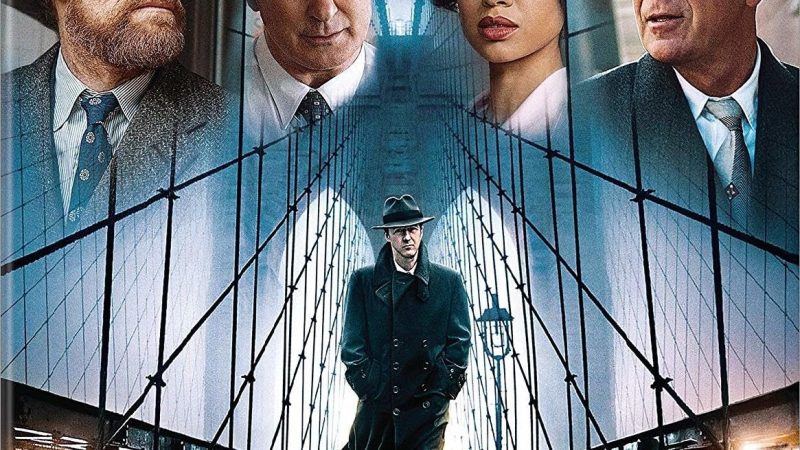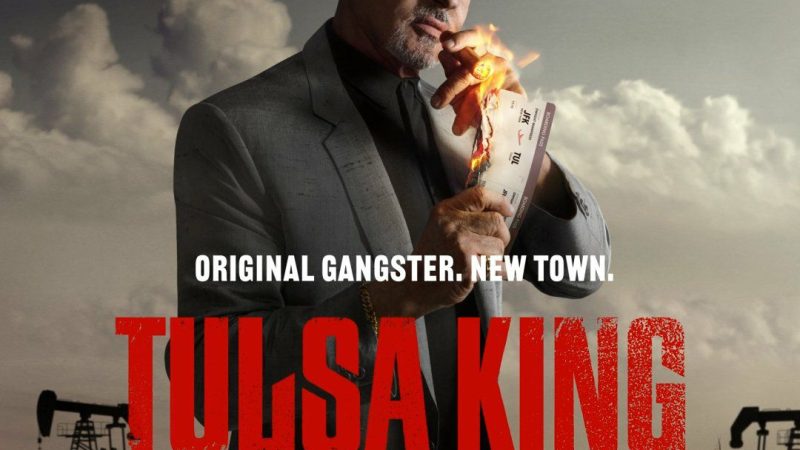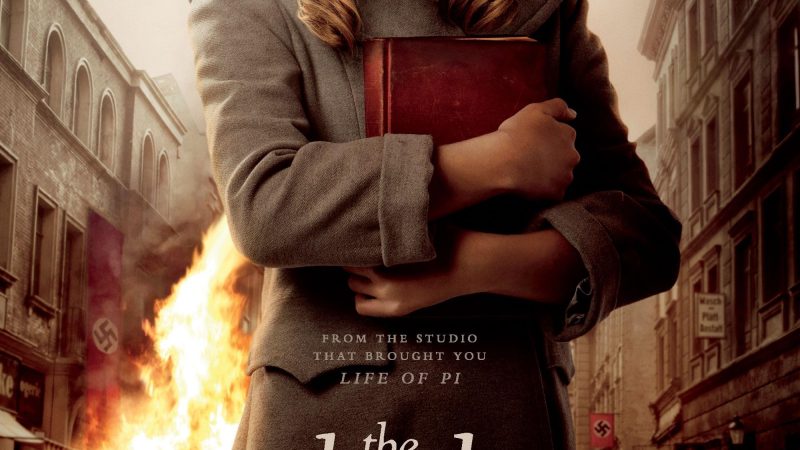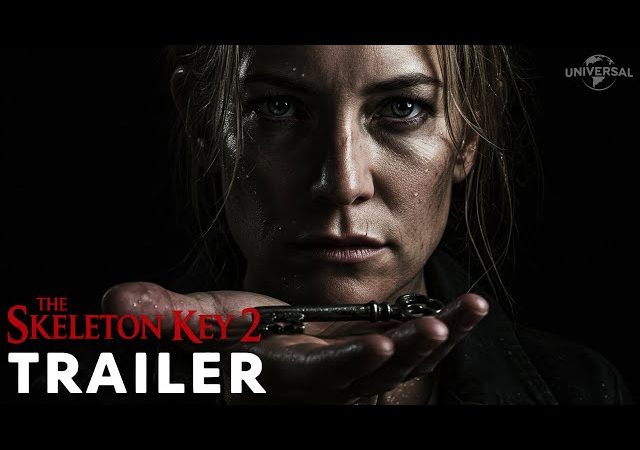The Homesman (2014): Where the West Wasn’t Won, But Survived
Set in the harsh frontier of 1850s Nebraska, where winds blow dry and hearts are as brittle as the winter ground, The Homesman tells the poignant story of Mary Bee Cuddy, a strong, independent woman who takes on the unenviable task of taking three mentally ill women across the wilderness to safety in Iowa.
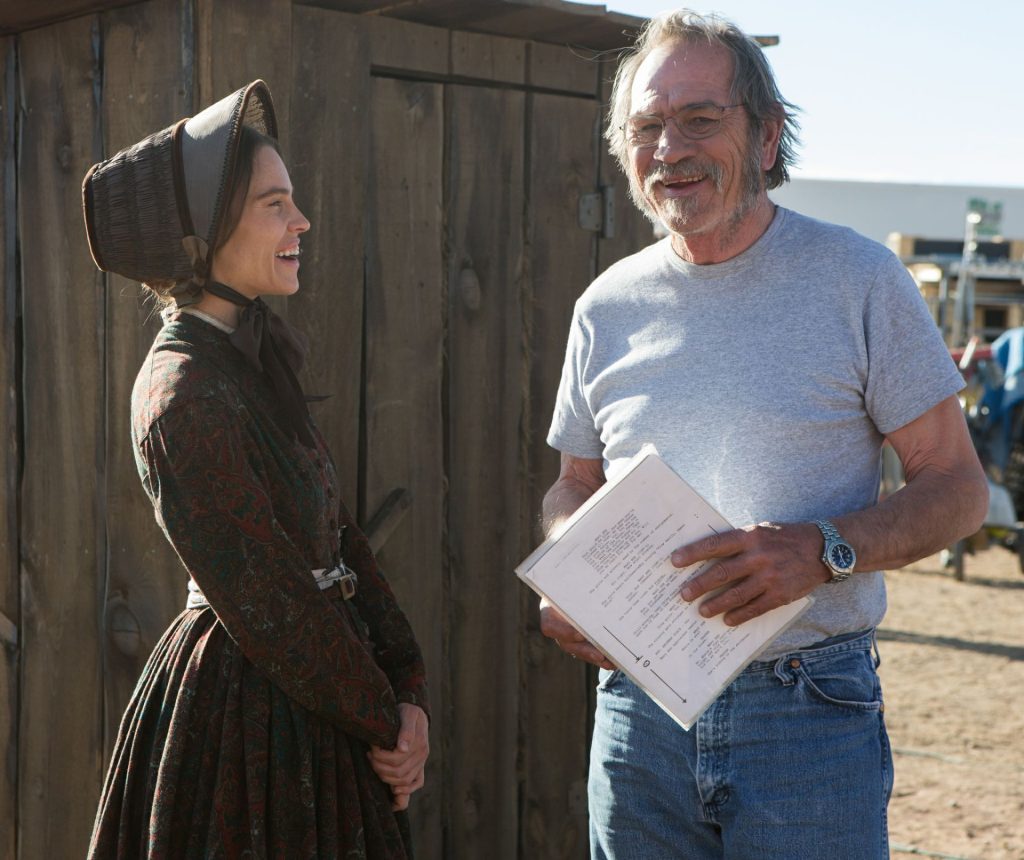
On the journey, she rescues George Briggs, a vagabond and squatter, from hanging. In return, he reluctantly accompanies her on her grueling journey. Amid snowstorms, lurking dangers, and the psychological darkness lurking in every glance, these two seemingly opposite people gradually reveal their vulnerability, conscience, and dignity in every choice.
The film is a touching variation on the Western genre, where the heroes don’t ride horses and shoot their way through things, but instead have to face their own loneliness, madness and trauma. Hilary Swank is excellent as Mary Bee – a woman who is both impressively strong and painfully fragile. Tommy Lee Jones (who also directed) brings a somewhat cynical, grumpy Briggs who gradually reveals surprising inner depth.

Tommy Lee Jones doesn’t try to make Briggs a hero. On the contrary, he builds this character in a naked, contradictory way: a shunner, rude but good at keeping promises; a man who believes in nothing but acts with humanity when no one forces him to.
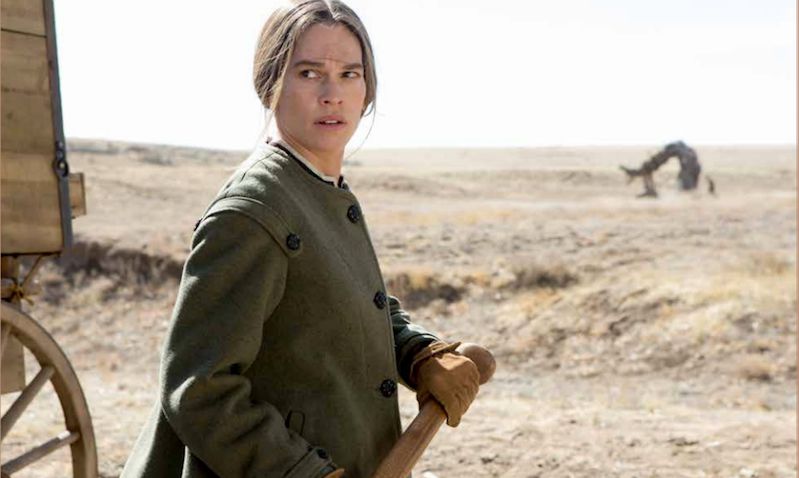
There are subtle moments that only Briggs’ eyes reveal: the heartbreaking look when Mary Bee proposes to him in desperation and loneliness, the quiet bow when witnessing the harshness that the other three women have to endure. It is these details that make viewers realize: Briggs does not change completely, but he gradually emerges as a human being – not a villain, not a hero – but an individual crushed by the times, trying to find the remaining conscience.

As a director, Tommy Lee Jones chooses not to embellish or give unnecessary explanations. Instead, he lets Briggs tell his own story through his actions, eyes and silence – which makes this role gradually penetrate the viewer like a cold wind on the wilderness: smoldering, genuine and unforgettable.
With a wide angle depicting the cold beauty of the American Midwest, a sad soundtrack and a quiet pace like the wind blowing through a hayfield, The Homesman unmasks the myth of the West – no longer a place of masculine splendor but a land of sacrifice, hurt and loss, especially for forgotten women.
